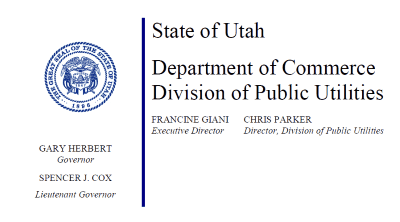 WASHINGTON (Reuters) – The U.S. Justice Department would sue to block the merger of T-Mobile US Inc and Sprint Corp if the parties do not settle next week, CNBC reported on Thursday, citing sources.
WASHINGTON (Reuters) – The U.S. Justice Department would sue to block the merger of T-Mobile US Inc and Sprint Corp if the parties do not settle next week, CNBC reported on Thursday, citing sources.
T-Mobile and Sprint did not immediately respond to Reuters requests for comment. The Justice Department declined to comment.
In June, a group of U.S. state attorneys general filed suit to block the merger, arguing that the deal would cost consumers more than $4.5 billion annually.
To win over the Justice Department, which is not involved in the lawsuit, T-Mobile and Sprint have agreed to a series of deal concessions, including selling the prepaid brand Boost.
The companies have been in talks for weeks to sell Boost to Dish Network Corp but are haggling over issues such as restrictions over who can buy the divested assets if they are sold in the future, with T-Mobile and Deutsche Telekom seeking to prevent them from going to a cable or technology company.
T-Mobile is about 63% owned by Deutsche Telekom and Sprint is controlled by Softbank Group Corp.
The companies told the court in late June that they were willing to refrain from closing the deal until after the state attorneys general case is completed.
The two companies have a July 29 deadline to complete the deal but are expected to extend it.
Federal Communications Commission chairman Ajit Pai has given his blessing to the merger in principle and is expected to circulate a formal order within weeks.
Reporting by David Shepardson and Diane Bartz in Washington and Akanksha Rana in Bengaluru; Editing by Sonya
CNBC’s David Faber reports the biggest stumbling block in the merger is a fear Dish might sell its wireless service to a cable company. T-Mobile wants contract language restricting that possibility. (5:13)


 Subscribe
Subscribe Netflix stock lost over 11% of its value late today after the company
Netflix stock lost over 11% of its value late today after the company  The Utah Division of Public Utilities (DPU) has launched
The Utah Division of Public Utilities (DPU) has launched 
 While net neutrality in the United States has been neutered by the Republican-controlled FCC, the concept of an online level playing field is alive and well in Germany, and T-Mobile’s parent company Deutsche Telekom (DT) just got called out for a foul ball.
While net neutrality in the United States has been neutered by the Republican-controlled FCC, the concept of an online level playing field is alive and well in Germany, and T-Mobile’s parent company Deutsche Telekom (DT) just got called out for a foul ball.
 Comcast premium subscribers began seeing Cinemax dropped from their lineup this morning, replaced with Comcast’s own premium movie network Hitz.
Comcast premium subscribers began seeing Cinemax dropped from their lineup this morning, replaced with Comcast’s own premium movie network Hitz.